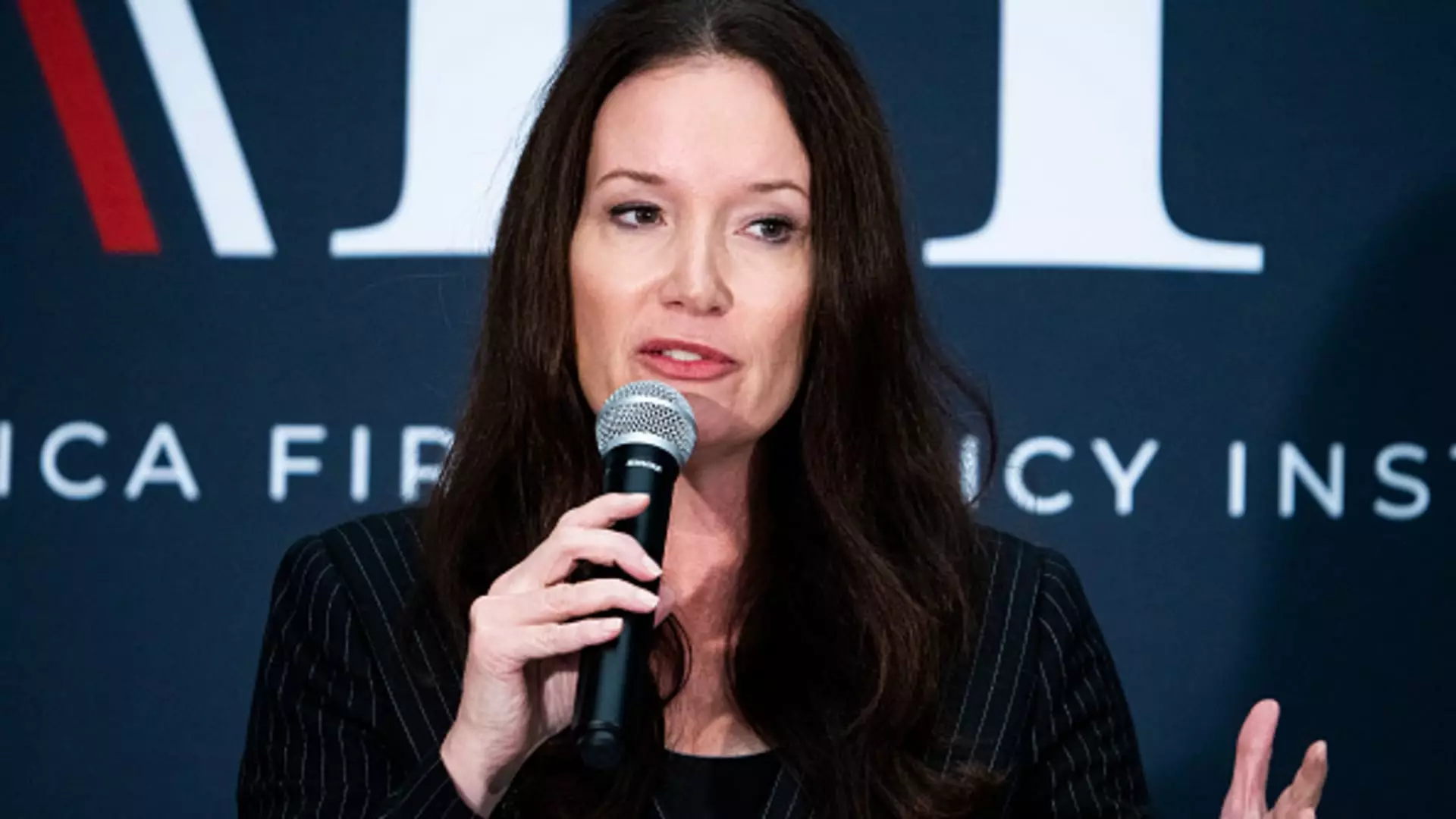In a significant move to reshape agricultural policy, President-elect Donald Trump has nominated Brooke Rollins as the next Secretary of Agriculture. As the head of the America First Policy Institute, Rollins brings a blend of policy experience and advocacy for farmers that has caught the attention of key stakeholders. Trump’s endorsement highlights a commitment to American agriculture, emphasizing the importance of farmers as foundational figures in the nation’s economy. If confirmed by the Senate, Rollins will oversee a sprawling agency with an extensive portfolio affecting millions of Americans.
The Secretary of Agriculture leads an agency employing approximately 100,000 individuals, tasked with a wide range of responsibilities that encompass everything from nutrition programs to food safety regulations. The agency’s budget, which stood at a staggering $437.2 billion in 2024, illustrates the scale of operations and the importance of strategic leadership in managing resources effectively. Under Rollins’ stewardship, the Department of Agriculture will not only impact the livelihoods of farmers but also the dietary practices of American citizens, both in urban and rural settings.
Implications for Food Policy and Trade
Rollins’ nomination carries weighty implications for U.S. food policy and trade agreements. The Secretary of Agriculture plays a key role in negotiating international trade deals, including the complex U.S.-Mexico-Canada agreement. Currently, tensions are brewing over Mexico’s proposed restrictions on genetically modified corn and Canada’s dairy quotas, both of which could significantly affect agricultural exports. Rollins will need to navigate these rocky waters while protecting the interests of American farmers, potentially drawing on her previous experience as chair of the Domestic Policy Council during Trump’s first term.
Another pressing issue under Rollins’ leadership will be the consideration of clean fuel tax credits, particularly for the biofuels sector, which is keen on expanding its reach through sustainable aviation fuel production. This focus on sustainability aligns with emerging trends in the agricultural sector, where farmers are increasingly called upon to adopt practices that not only bolster productivity but also safeguard environmental integrity. As the agricultural landscape evolves, Rollins will need to advocate for innovative solutions that benefit both farmers and the broader community.
Trump underscored Rollins’ commitment to bolstering agricultural self-sufficiency and revitalizing small towns dependent on agriculture. This vision resonates deeply with many rural voters who feel neglected in past policy discussions. By supporting agricultural prosperity and rural development, Rollins has the opportunity to foster economic growth that can transform the fabric of American rural life. However, significant challenges lie ahead, including addressing the impact of proposed tariffs that could further strain farm incomes.
In the days leading up to her potential confirmation, Rollins will undoubtedly face scrutiny and questions surrounding her vision and policy priorities. As the nation awaits official Senate approval, her nomination signals a broader commitment to reforming agricultural policies to align with the administration’s America First agenda. From trade negotiations to food safety standards, the landscape of American agriculture is poised for significant changes under Brooke Rollins’ leadership, making her tenure one to watch as it unfolds.

Leave a Reply